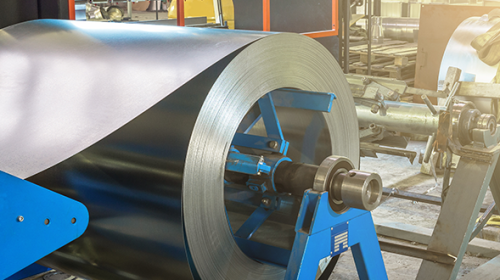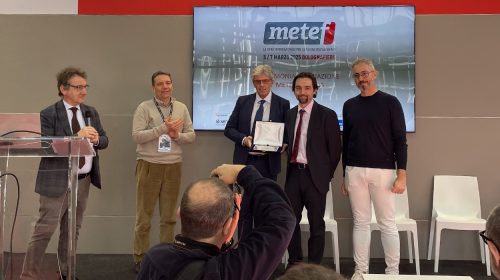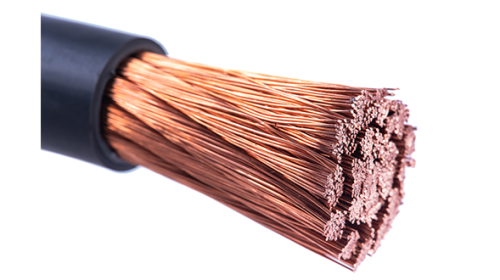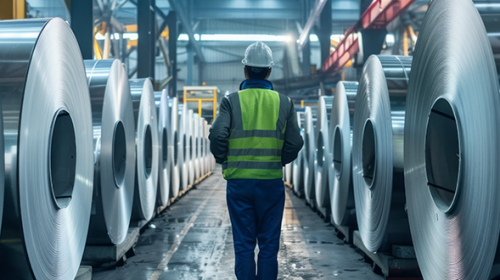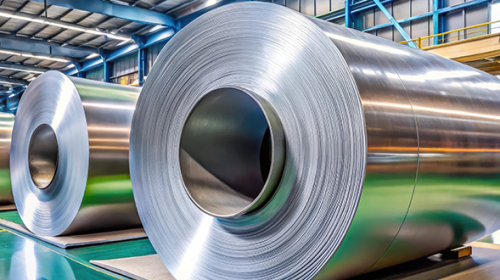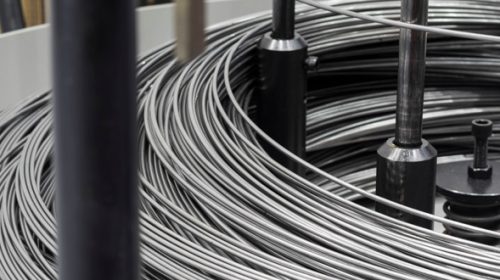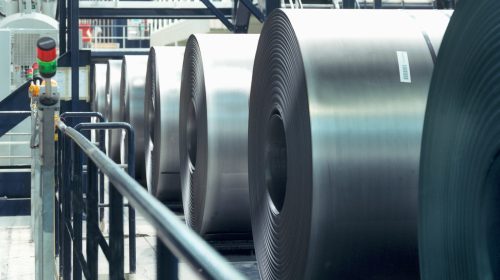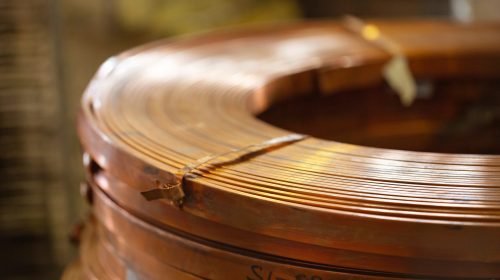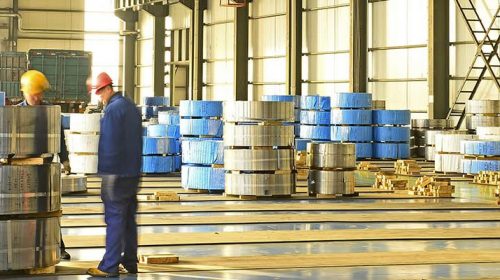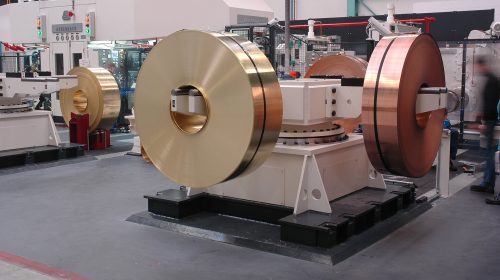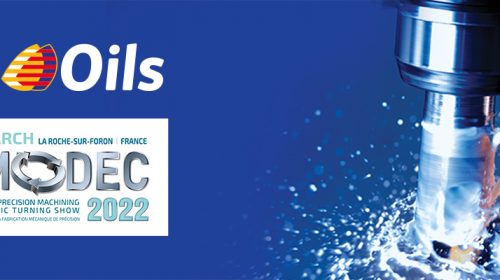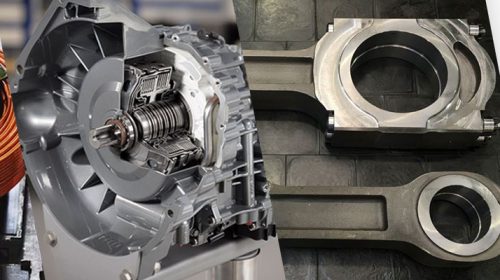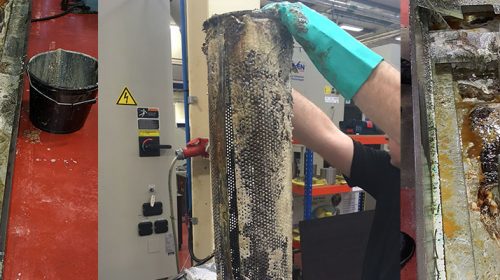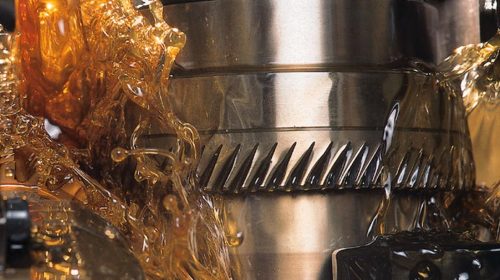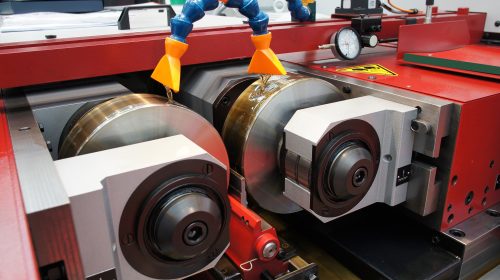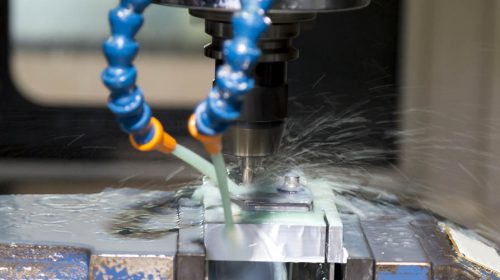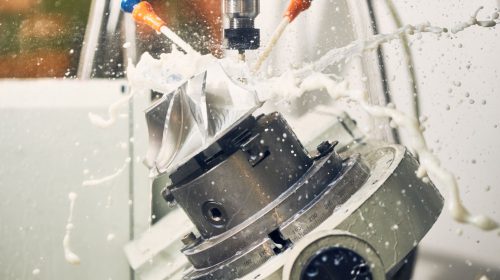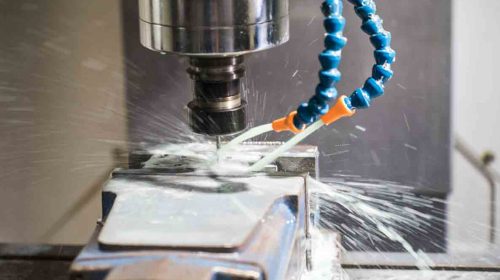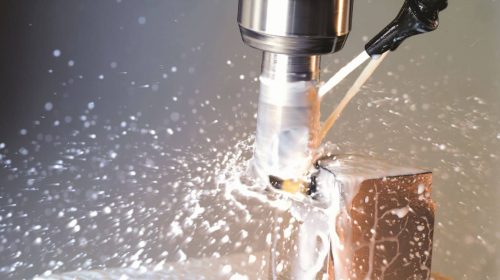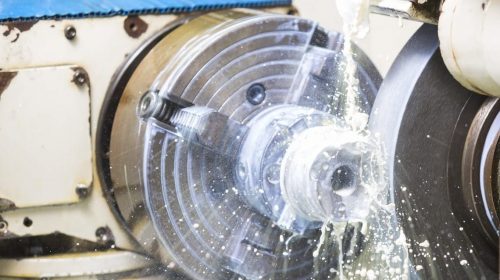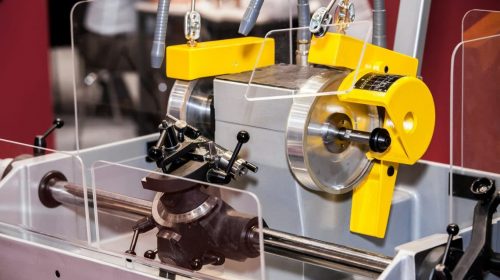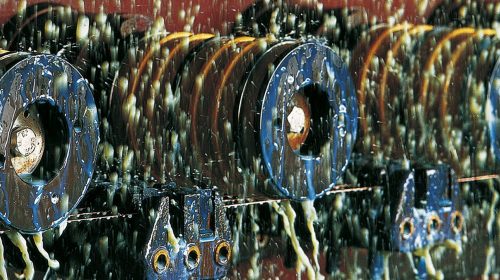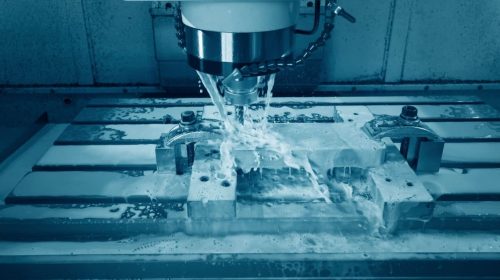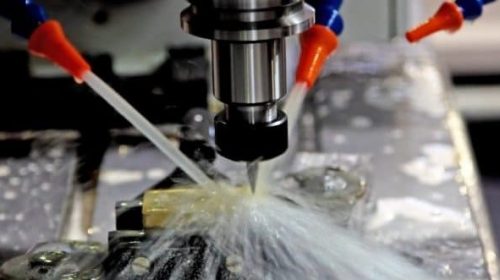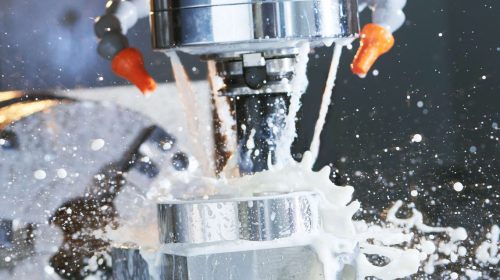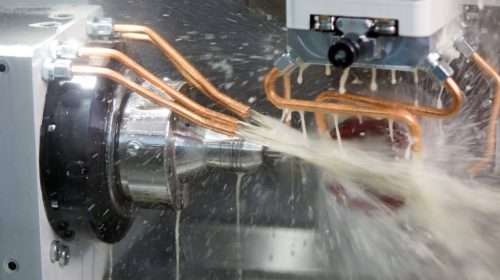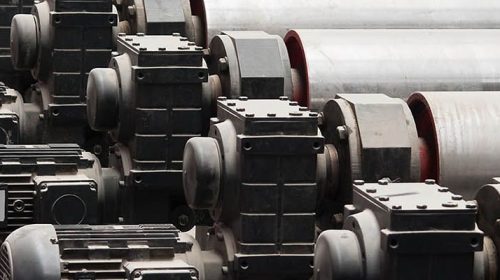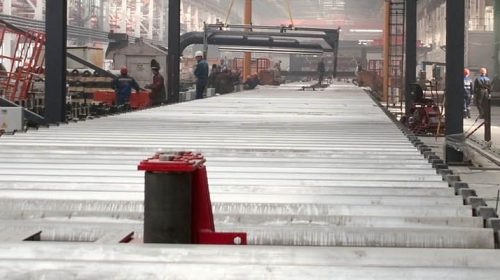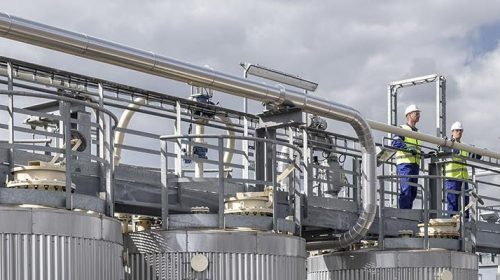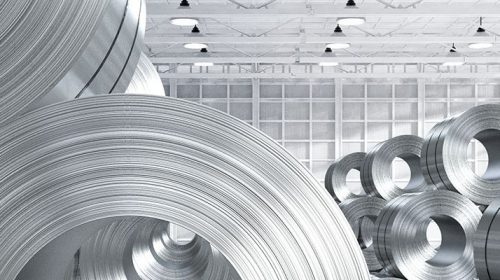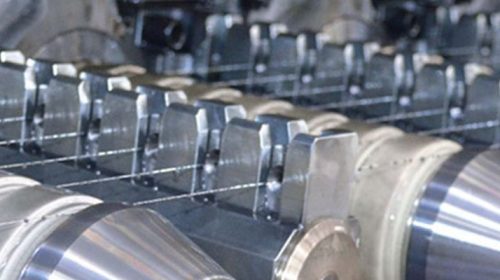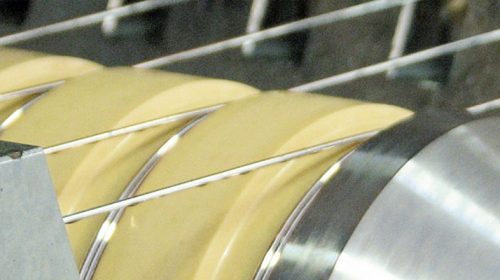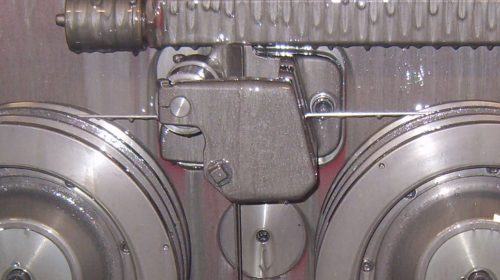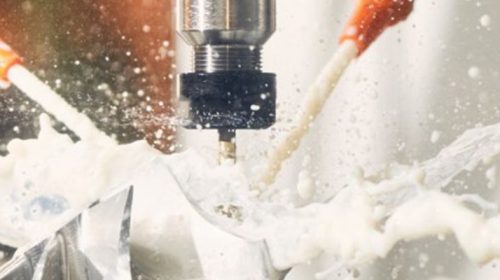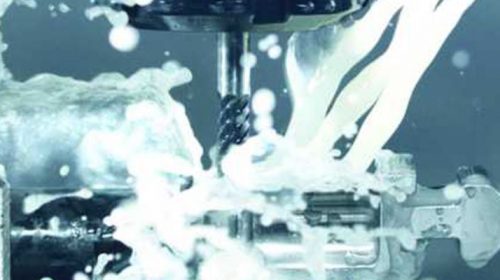Most cold rolling mills continuously reuse their cold rolling oil. The quality of the used cold rolling oil in the clean oil tank depends on many factors. Q8Oils offers their cold rolling oil customers worldwide regular quality checks. This way the quality of the cold rolling oil is monitored and the right products can be ordered to maintain the desired oil performance.
Mid-sized and large cold rolling mills need the neat cold rolling oil for lubrication in the roll bite and for cooling of the metal strip as well. This means that high flows and large volumes of cold rolling oil are continuously used, then recovered underneath the cold rolling mill and collected in the dirty oil tank. Filtration systems are used to purify the contaminated oil by removing the metal particles. After the filtration the oil is pumped into the clean oil tank to be re-used.
Q8Oils performs regular oil quality checks
The quality of the used cold rolling oil in the clean oil tank depends on many factors:
- The effectivity of the filtration system
- The top up rate
- The additive concentration
- The contamination from various sources, such as hydraulic fluids.
Q8Oils offers their cold rolling oil customers worldwide regular quality checks. Customers can collect the oil samples themselves and send these to a dedicated laboratory. The oil is analyzed and the results reported including visualized trends and comments from a Q8Oils specialist.
How does Q8Oils test the oil quality?
The effectivity of the filtration system is measured by the Millipore analysis. With this filtration test we pass the oil sample through a 0.45 micron filter and we measure the residue. The amount of residue depends on the type of metal strip processed through the cold rolling mill and the effectivity of the cold rolling oil filtration system. A cleaner cold rolling oil is better and the presence of particles in the oil could influence the strip surface quality negatively, but it also depends on the size of the particles.
Analyzing the viscosity of cold rolling oils
Theoretically, the viscosity of a cold rolling oil remains similar during its lifetime. However, in practice we often see a change in viscosity. This is mostly due to hydraulic oil leakage, resulting in an increased viscosity of the cold rolling oil. Without regular oil analysis it is much more difficult or impossible to conclude whether a change in viscosity is part of a trend, or an incidental occurrence.
With the regular oil analysis performed by the Q8Oils experts, the quality of the cold rolling oil is monitored and the right products can be ordered in time to maintain the desired oil performance.



